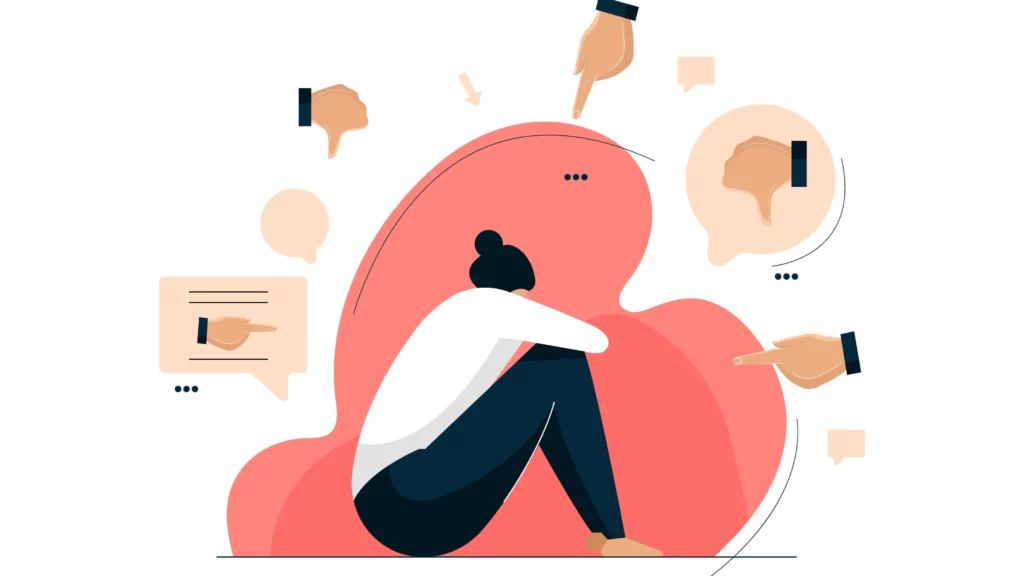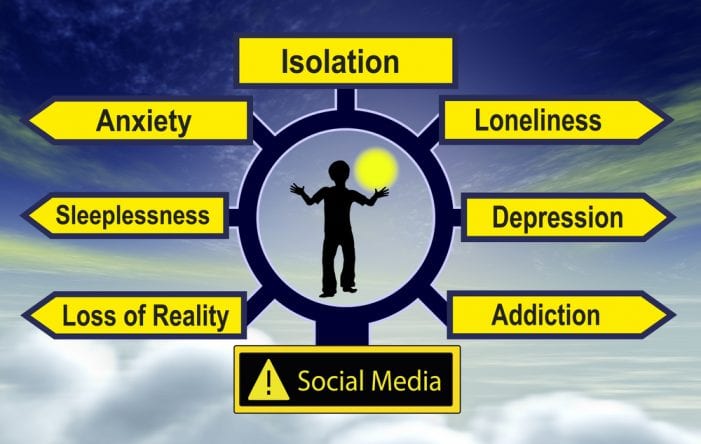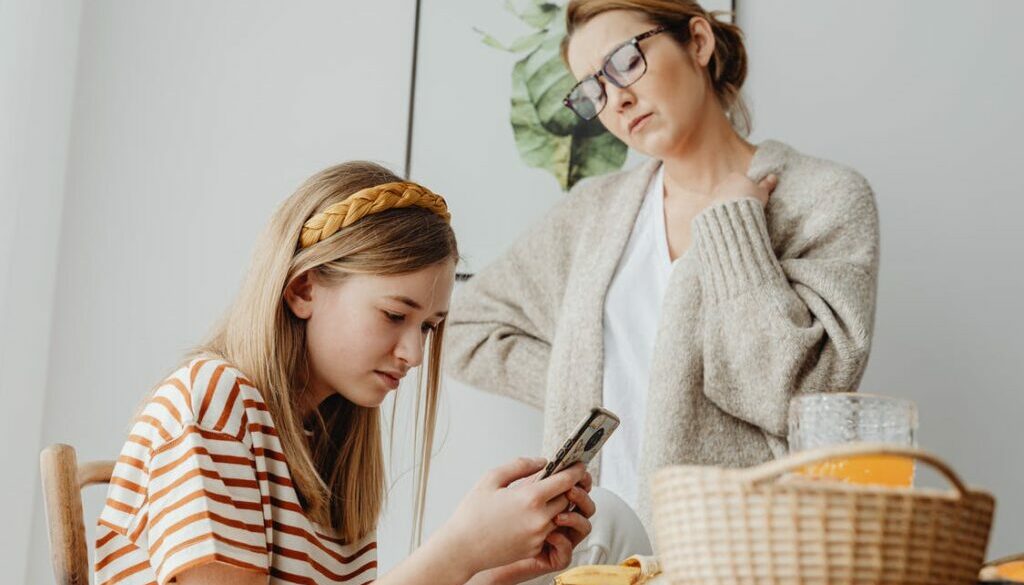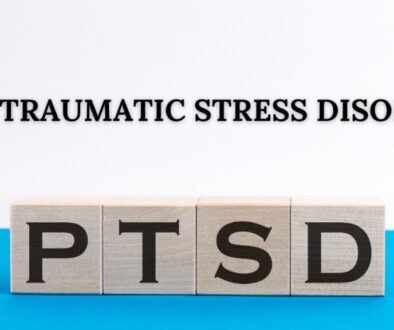The Impacts of Social Media on Your Mental Health
Social media has become an integral part of our daily lives, revolutionizing the way we connect and share information. With the increasing use of social media platforms, there has been a growing concern about their impact on our mental health. This article aims to explore the multifaceted impacts of social media on your mental health, highlighting both the positive and negative aspects.
The Positive Impacts of Social Media on Your Mental Health
Social Support and Sense of Belonging
Social media platforms have provided individuals with an unprecedented opportunity to connect with others, fostering a sense of belonging and social support. Online communities and support groups have emerged, allowing people to find solace and understanding in shared experiences. The ability to reach out to others and share their struggles has contributed to destigmatizing mental health issues and promoting empathy.
Raising Awareness and Promoting Mental Health Discussions
Social media has proven to be a powerful tool in raising awareness about mental health problems. Campaigns and initiatives have gained momentum, encouraging open conversations about various mental illnesses and reducing the associated stigma. People can now easily access information, resources, and professional advice on social media platforms, paving the way for early intervention and support.
Access to Information and Resources
The advent of social media has democratized access to information, enabling individuals to educate themselves about mental health. Websites, blogs, and reputable organizations share valuable content related to mental health disorders, treatments, and available resources. This accessibility helps individuals make informed decisions about their mental well-being, empowering them to seek appropriate professional help when needed.

The Negative Effects of Social Media on Mental Health
Increased Feelings of Loneliness and Isolation
Ironically, while social media promotes connectivity, excessive use can lead to feelings of loneliness and isolation. Constantly comparing oneself to others’ seemingly perfect lives showcased on social media can amplify these negative emotions. The curated content often fails to represent the reality of people’s lives, leading individuals to feel inadequate and disconnected.
Comparison and Self-Esteem Issues
Social media platforms are flooded with carefully crafted posts, portraying a highlight reel of people’s lives. This constant exposure to idealized versions of others’ lives can fuel unhealthy comparisons and negatively impact self-esteem. Individuals may develop unrealistic expectations about their own lives, leading to self-doubt, anxiety, and feelings of inadequacy.
Fear of Missing Out (FOMO)
Fear of missing out, commonly known as FOMO, is a prevalent issue among social media users. The constant stream of notifications, updates, and events shared by others can intensify the fear of missing out on exciting experiences. FOMO can contribute to anxiety and stress, as individuals may feel compelled to constantly stay connected and engaged, fearing they might miss something important.
Cyberbullying and Online Harassment
Social media platforms have unfortunately become breeding grounds for cyberbullying and online harassment. The anonymity and distance provided by the online environment can embolden individuals to engage in harmful behavior, leaving victims vulnerable to emotional distress and long-term psychological effects. The constant exposure to negativity can erode mental well-being and contribute to the development of mental health disorders.
Sleep Disturbances and Addictive Behaviors
The addictive nature of social media and excessive screen time can lead to sleep disturbances and addictive behaviors. Late-night scrolling through social media feeds disrupts sleep patterns, leading to fatigue, irritability, and decreased cognitive abilities. The constant need for validation and engagement on social media can also foster addictive behaviors, further impacting mental well-being.
The Role of Body Image and Unrealistic Standards on Social Media
Impact on Body Image and Self-Worth
One of the significant areas where social media exerts a negative influence is body image. Exposure to carefully edited and filtered images can lead individuals to develop unrealistic standards of beauty. Comparing oneself to unrealistic portrayals of others can negatively impact body image and self-worth, fueling body dissatisfaction and contributing to the development of eating disorders.
The Rise of #fitspiration: the Challenge of Unrealistic Expectations
The proliferation of #fitspiration posts on social media platforms has given rise to the pursuit of unattainable fitness goals. The constant bombardment of flawless bodies and intense workout routines can create an environment that promotes self-criticism and unhealthy fitness practices. Unrealistic fitness expectations can lead to physical and mental burnout, perpetuating a cycle of dissatisfaction and diminished mental well-being.
Strategies to Maintain Good Mental Health while Using Social Media
Limiting Screen Time and Setting Boundaries
To safeguard mental well-being, it is essential to establish healthy boundaries around social media use. Limiting screen time, scheduling technology-free periods, and consciously reducing exposure to social media can help maintain a healthy balance and prevent any adverse effects on mental health.
Curating a Positive Online Environment
Take control of the content you consume by curating your online environment. Unfollow accounts that trigger negative feelings or comparisons, and instead, follow accounts that promote positivity, self-care, and body positivity. Create a supportive and inspiring feed that aligns with your mental health goals.
Balancing Online and Offline Connections
While online connections can be valuable, nurturing and maintaining offline relationships is equally important. Prioritize face-to-face interactions, engage in activities that enhance social well-being, and foster deep connections that go beyond the virtual world. Balancing online and offline connections can contribute to a more well-rounded and fulfilling social life.
Practicing Self-Care and Self-Compassion
Cultivating self-care practices and practicing self-compassion is crucial for maintaining good mental health while using social media. Prioritize activities that bring joy, relaxation, and personal growth. Be kind to yourself, acknowledge your strengths, and practice self-compassion when faced with challenges or negative feelings triggered by social media.
The Importance of Seeking Professional Help for Mental Health Issues
One of the most crucial aspects of maintaining good mental health in the age of social media is recognizing the importance of seeking professional help when needed. While strategies like limiting screen time and curating a positive online environment can be helpful, they may not be sufficient in addressing deeper mental health issues.
It is important to remember that social media can exacerbate existing mental health conditions. The constant exposure to highlight reels and carefully curated posts can trigger negative emotions and contribute to feelings of inadequacy, anxiety, and depression. Furthermore, cyberbullying and online harassment can have severe consequences on one’s mental well-being.
If you notice persistent feelings of distress, a decline in your mental well-being, or find it increasingly difficult to cope with the pressures and negative effects of social media, seeking professional help becomes essential.
Mental health professionals, such as psychologists, psychiatrists, and therapists, are trained to provide guidance, support, and therapy tailored to individual needs. They can help navigate the complexities of social media and address underlying mental health issues. Through counseling and evidence-based interventions, professionals can help individuals develop coping mechanisms, improve self-esteem, and manage anxiety and depression effectively.

Conclusion
Social media has emerged as a powerful tool that influences various aspects of our lives, including our mental health. While it offers numerous benefits such as social support, spreading awareness, and access to information, it also poses potential risks to our mental well-being.
Understanding and mitigating these risks through strategies like limiting screen time, curating a positive online environment, and prioritizing self-care are crucial steps toward maintaining good mental health while using social media. By being mindful of our online habits and seeking professional help when needed, we can navigate the complexities of social media and protect our mental well-being.
FAQs
No, social media itself does not directly cause mental health problems. However, it can contribute to the development or exacerbation of pre-existing mental health issues if not used mindfully or excessively.
Can social media be a source of support for individuals struggling with mental health problems?
Yes, social media platforms offer online communities, support groups, and access to resources that can provide valuable support and information for individuals struggling with mental health problems.
How can I combat the negative effects of social media on my mental health?
Setting boundaries, curating a positive online environment, practicing self-care, and seeking professional help when needed can help combat the negative effects of social media on mental health.
Are there any positive effects of social media on mental health?
Yes, social media can be a source of social support, promote mental health discussions, and provide access to information and resources, thereby positively impacting mental health.
Is it necessary to completely avoid social media for good mental health?
Avoiding social media entirely may not be necessary for good mental health. Instead, establishing healthy boundaries and practicing self-care and mindfulness while using social media can help maintain a healthy balance.
Also Read:
The Ultimate Guide to Glowing Skin: Tips and Tricks



